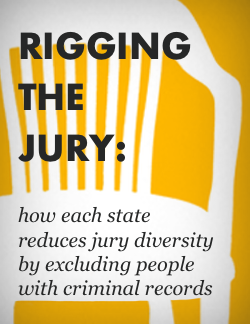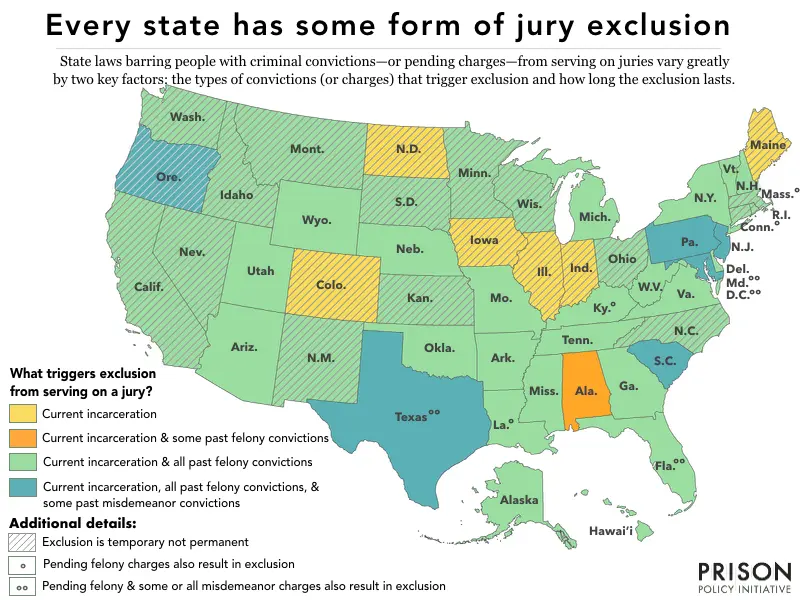We are pleased to republish this excellent article by Andrea Cipriano, which describes a new study of online non-conviction records, with permission from The Crime Report. The study concludes that law enforcement records may remain freely available online indefinitely, notwithstanding state laws calling for automatic expungement of such records. (For more information on expungement of non-conviction records, see CCRC’s 50-state chart and CCRC’s model law on the subject.)
Online Criminal Records Impose “Digital Punishment’ on Millions of Americans
by Andrea Cipriano February 9, 2021
An analysis of Internet data portals that house personally identifiable information (PII) of people involved in the justice system found that compromising information on millions of Americans has been posted online by criminal justice agencies, even if they have not been convicted of a crime.
“Public records…are less likely to reveal information about the criminal justice system itself, and instead more likely to reveal information about people arrested [for] – but often not convicted of – crimes,” said researchers from Rutgers, Loyola Chicago, and UC-Irvine who conducted the analysis.
The analysis, published in the Law & Social Inquiry Journal, concluded that the amount of data accessible online effectively operates as a “digital punishment.” They noted that old arrest and criminal court data is easily accessible because of local law enforcement and court databases, and individuals named in the data have virtually no ability to wipe it from the records.
The researchers, Sarah Esther Lageson of Rutgers University-Newark School of Criminal Justice, Elizabeth Webster of Loyola University, and Juan R. Sandoval of University of California, Irvine, analyzed 200 government websites operated by law enforcement, criminal courts, corrections, and criminal record repositories across the country.
They found what they called an “impressive” amount of personally identifiable information, ranging from photographs to home addresses and birth dates.
The likelihood that this can lead to “identity theft, stalking, discrimination, and harassment” should persuade legislators and justice authorities to develop greater privacy protections, the researchers said.





